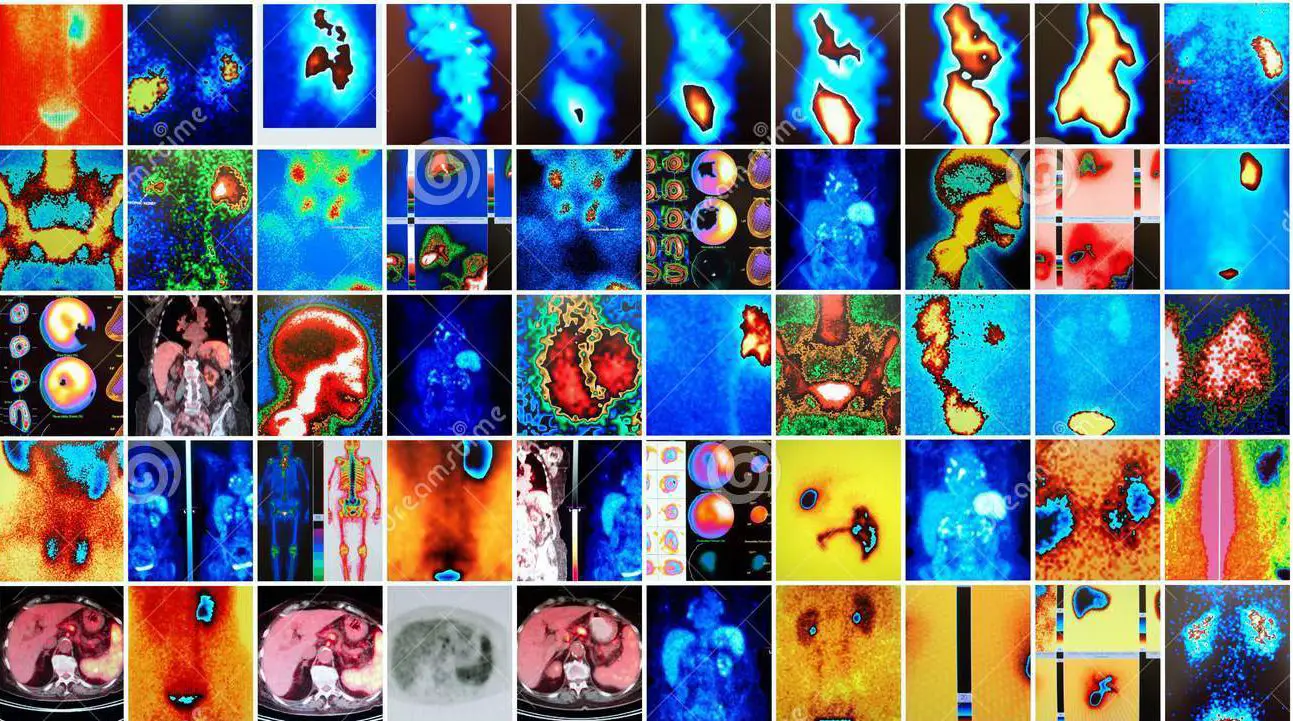
Question:
Hello!
My name is Yasmin Amer, and I’m a producer for WBUR in Boston. I’m working on a segment about machine learning and medicine, and, of course, radiology is part of that discussion. I spoke to a local doctor and machine learning specialist who says artificial intelligence will make the field more exciting. Is this the attitude of many med students and residents interested in radiology? Are they primarily excited about tech in radiology, or is there any nervousness there? I’m happy I came across this blog – I would love your input.
thank you,
Yasmin Ameren
—————————————————————————
Answer To The Artificial Intelligence Question:
Yasmin,
Speaking to my residents about the topic, several of them fear the onset of artificial intelligence and its effect on radiology. Therefore, some residents have decided to go into “hands-on” fields like interventional radiology and breast imaging.
However, most others have responded they don’t see how a machine can synthesize the context of a case, the images, and all the patient-related factors to arrive at a final impression that tailors itself directly to a patient. Let me give you an example in the next paragraph.
Sometimes, two similar ultrasound findings can lead to entirely different management scenarios on breast ultrasound. An MRI may be the most appropriate for a noncompliant patient with multiple slightly complex cysts instead of serial follow-up ultrasounds. On the other hand, in a low-risk patient with the same cysts, the most appropriate conclusion may be to follow them every six months. These are slightly different patients with the same images. How would the artificial intelligence judge who is noncompliant? So, it takes more than just pattern recognition to process the information and arrive at a viable conclusion for an individual patient. I don’t think we are quite there yet.
Then, legal barriers prevent easy entry into the independent practice of radiology. Are large companies going to take responsibility if the machines make mistakes? Billions of dollars of losses are potentially at stake.
It is also interesting that applications to the radiology field have dramatically increased over the past few years. Improvement of the job market right now likely contributes to the increasing desirability of radiology. But that cannot be all. If applicants thought artificial intelligence would rob residents of their future 25-30-year radiology careers, we would not receive so many applications for radiological residency programs.
Long story short. Some fears of the unknown consequences of artificial intelligence exist. Overwhelmingly, however, I believe most resident concerns of artificial intelligence encroaching upon the radiologist’s work are less than the expected barriers to independent widespread implementation without supervision by a radiologist.
I hope that helps,
Barry Julius, MD











